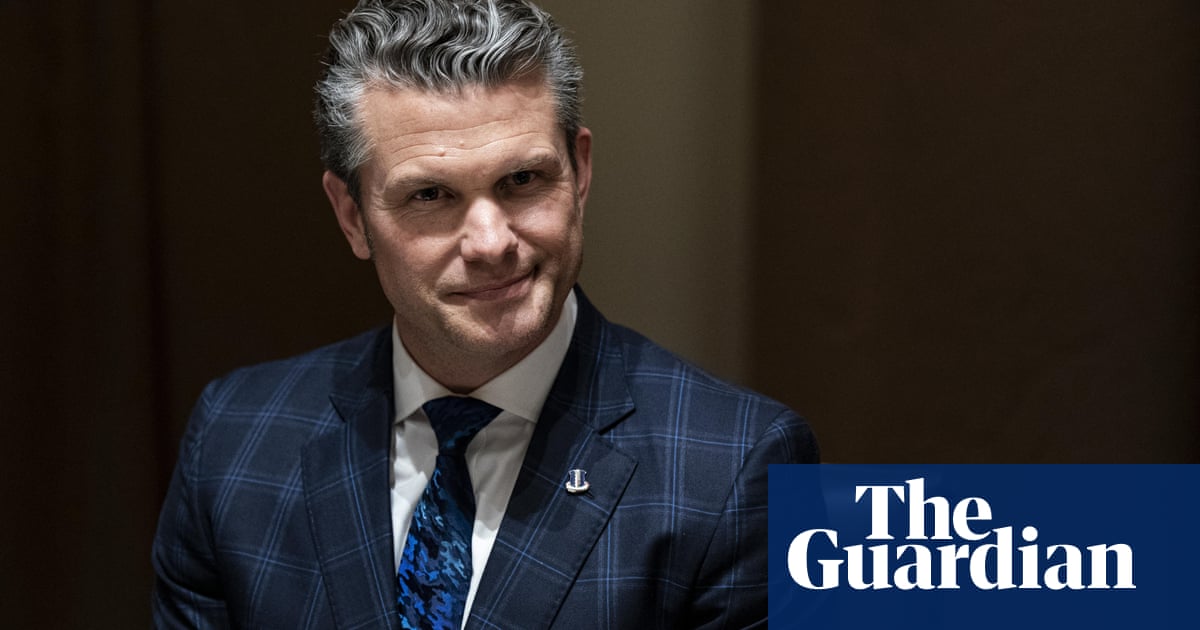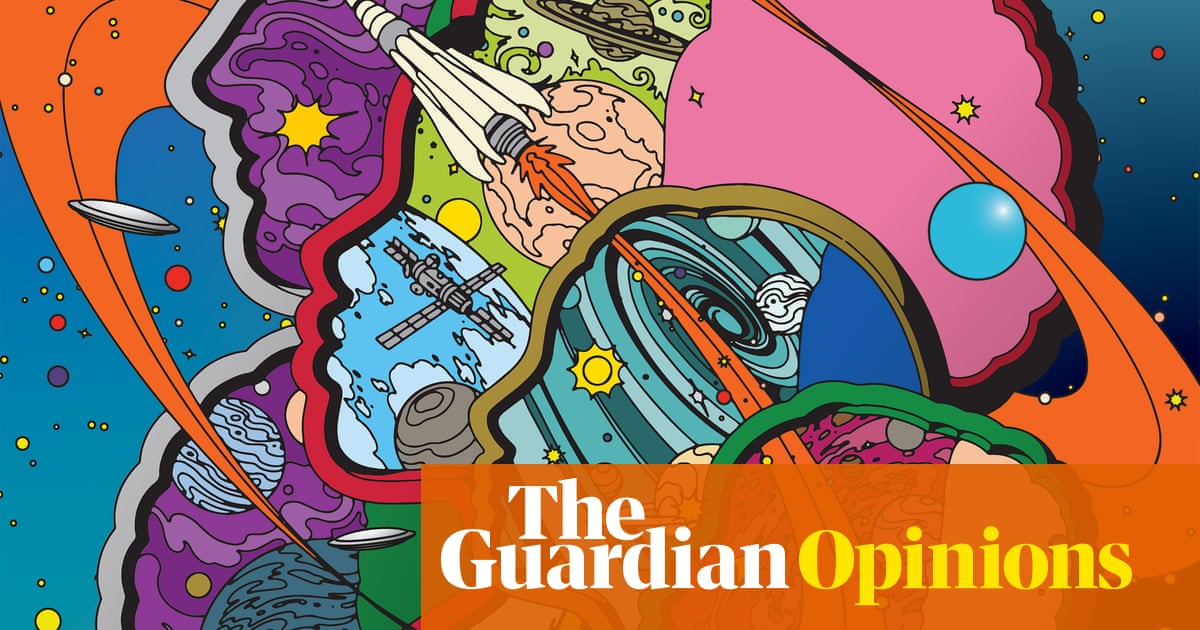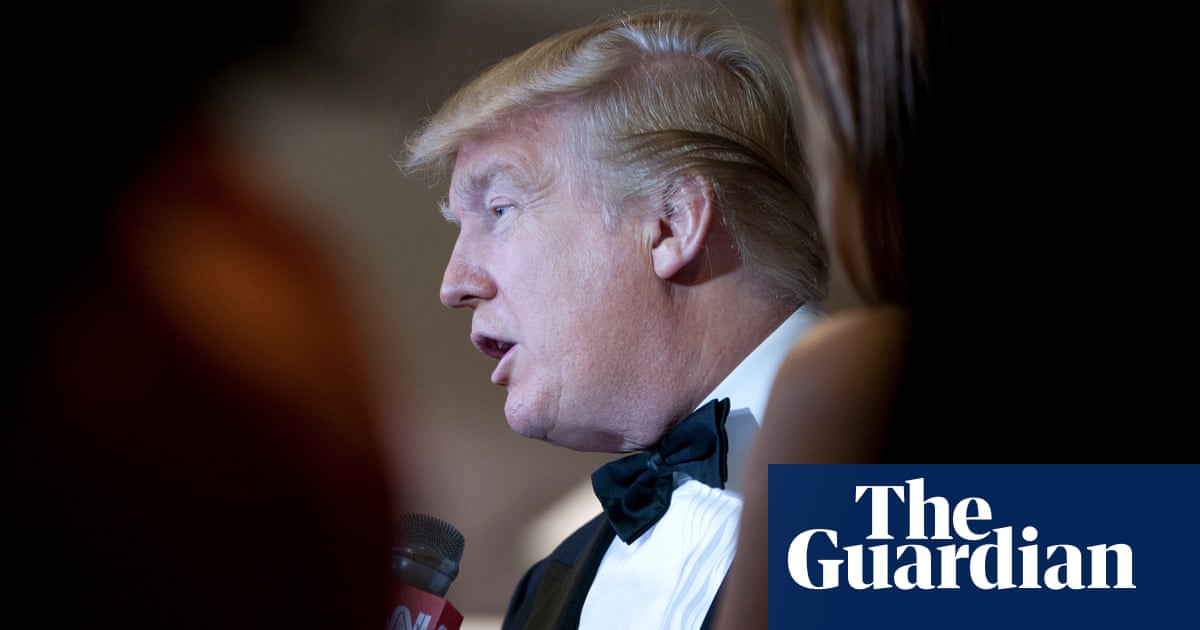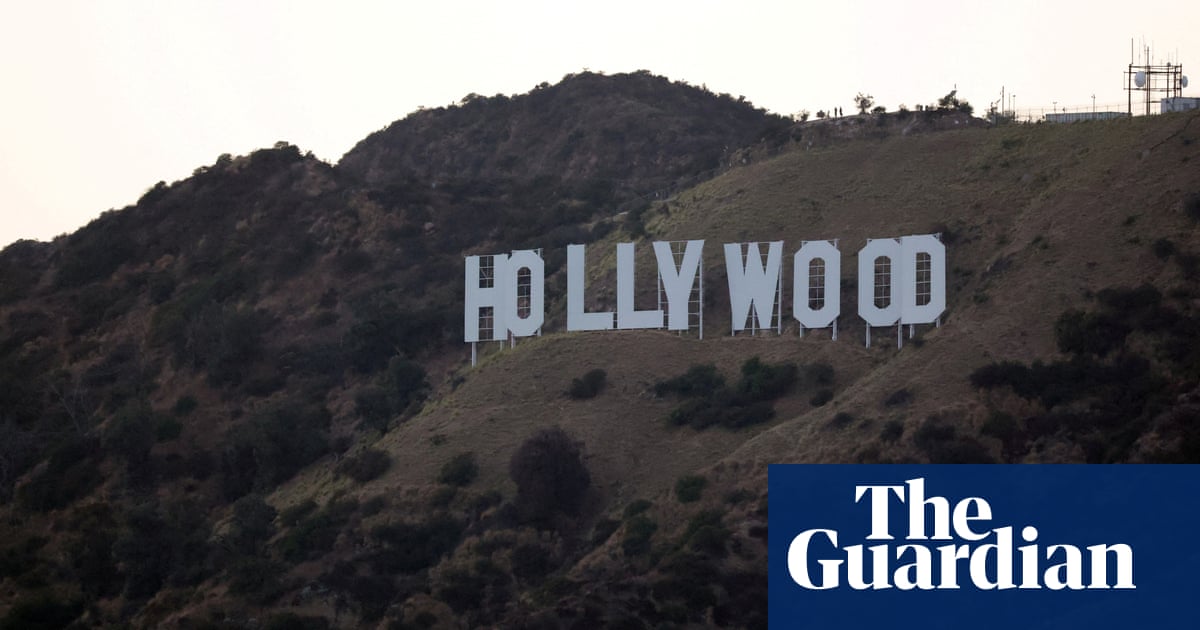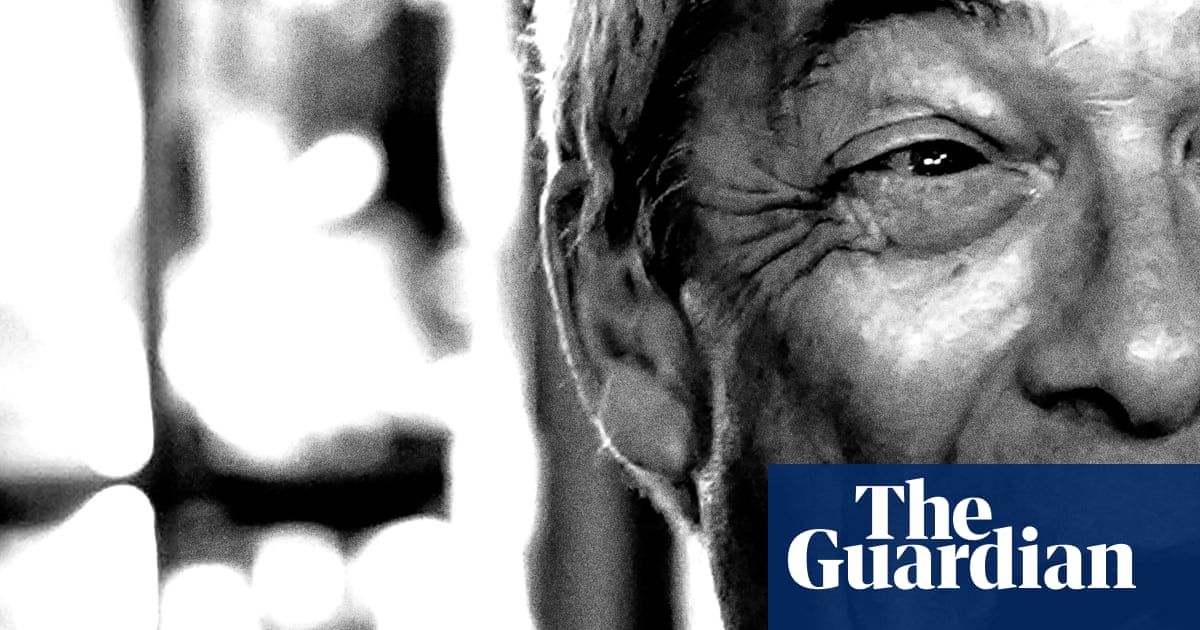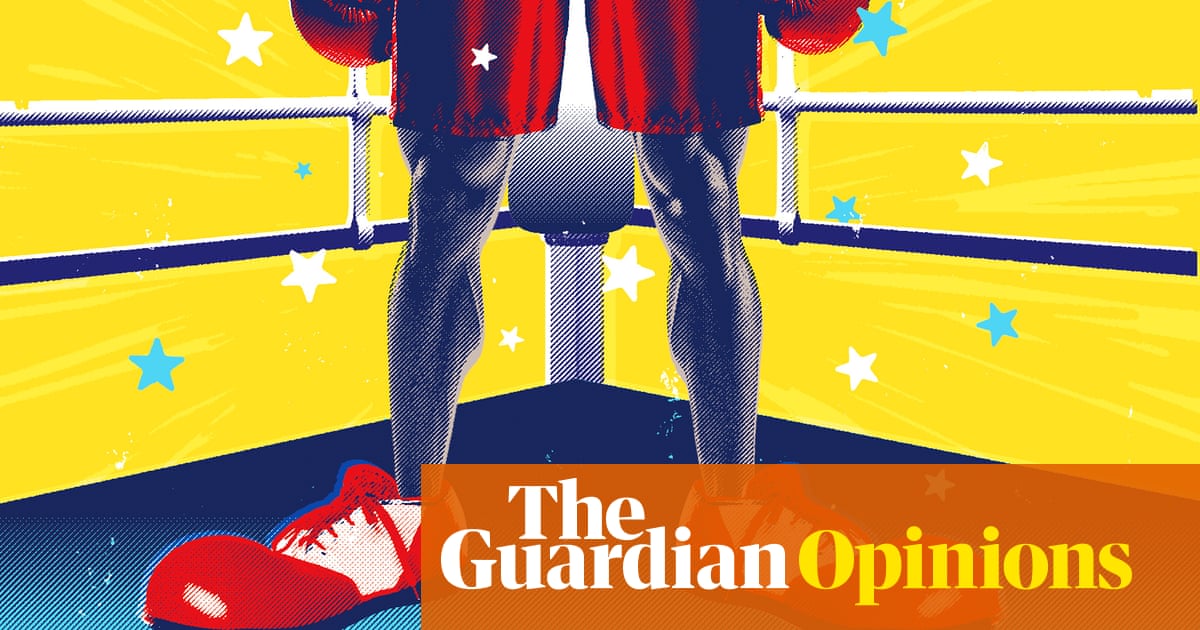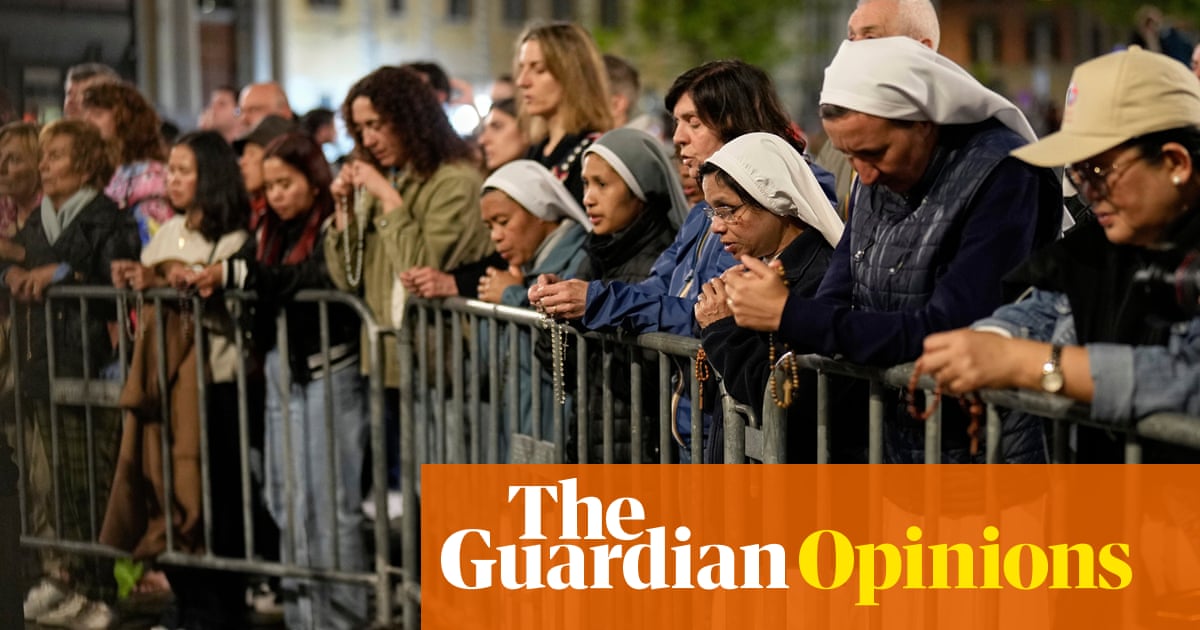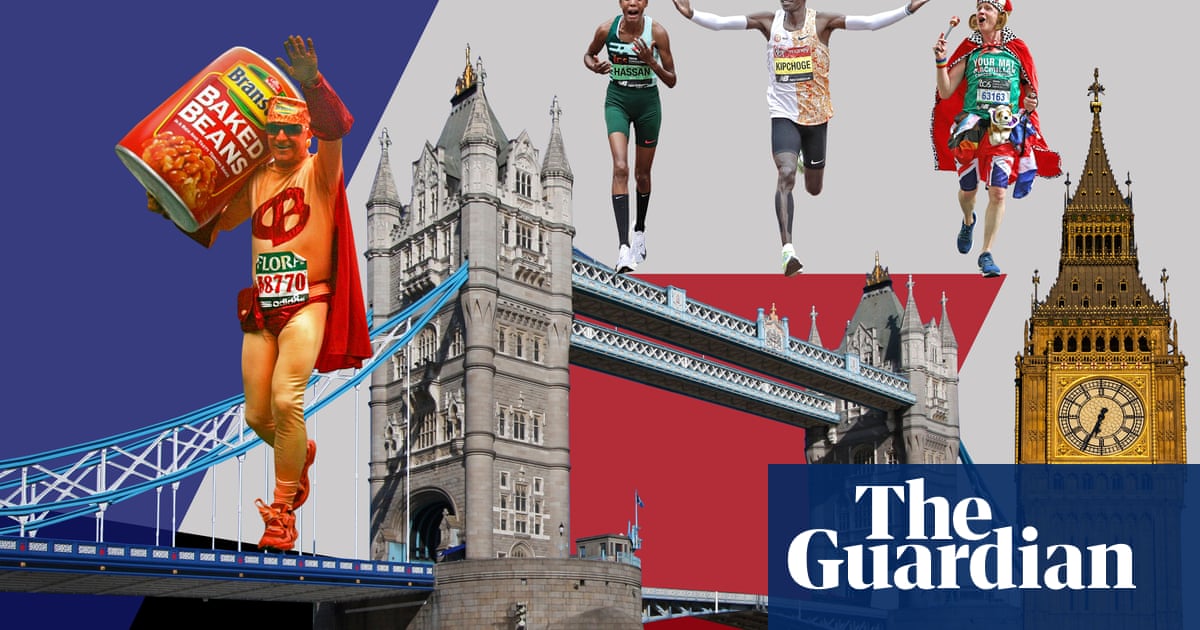Europe is in trouble. Multiple, long-simmering external and internal challenges are coming to the boil. Taken together, they comprise the modern EU’s biggest existential test since its creation in the early 1990s. But strong, united leadership is lacking. Questioning Europe’s will to survive, Poland’s prime minister, Donald Tusk, warned last week of a “spiritual crisis”, of a “palpable mood of uncertainty, of loss.”
The EU’s borders, democracies, laws and liberties are threatened by an aggressive Russian nihilism. Relations with the US, transatlantic blood brother and key Nato partner, are coming under unprecedented strain. China, an expansionist, authoritarian superpower, circles like a predatory foe. The economies of leading countries, notably Germany, are contracting or stagnating.
The EU as a whole lacks competitiveness and capital investment, amid high levels of debt and a declining working age population. It struggles to keep pace with developments in AI and new technologies. Migration is an unresolved, shaming thorn in its flank. Politically, a ubiquitous internal insurrection is bringing hard-right populist parties marching to the fore, from Sweden to Slovakia to Spain.
The response is fragmented and uncoordinated. To varying degrees, mainstream politicians accept the diagnosis but differ over cures. Emmanuel Macron and Olaf Scholz, leaders of France and Germany, Europe’s so-called “motor”, are misfiring, singly and together. Macron is seen as a lame duck. Scholz faces the sack next month. The EU commission, led by career bureaucrat Ursula von der Leyen, lacks clout.
The opportunistic antics of some national leaders highlight EU divisions, suggesting weakness. Undermining a collective approach to the new US administration, Giorgia Meloni, Italy’s hard-right prime minister, cosied up to Donald Trump at his inauguration, hoping to dodge tariff bullets. Hungary’s Viktor Orbán claims Trump’s return will boost his bid to “occupy” Brussels for the populist cause.
Vladimir Putin’s Russia is perhaps Europe’s most urgent problem as confrontation over Ukraine inexorably spreads. Reflecting this escalation, Nato naval patrols to counter Russian sabotage of Baltic undersea cables and pipelines commenced last week. The Kremlin’s silent warfare, including cyber-attacks, spy ships and airborne bomb plots, is now a fact of daily European life. Russian meddling, recently detected in the elections of Georgia, Moldova, Romania and now Germany, is the new normal.
Ukraine’s president, Volodymyr Zelenskyy, shared some home truths at the Davos forum in Switzerland last week. Europe must recognise the full extent of the threat posed by Putin and “learn how to take care of itself”, he said. That meant total energy independence from Moscow and doubling defence spending, to 5% of GDP, as Trump wants. “It’s not clear Europe will even have a seat at the table when the war against our country ends,” Zelenskyy warned.
What the EU will do about Russia in practice is profoundly unclear. Poland and the Baltic republics demand a tougher, proactive stance. There are lots of ideas but scant tangible action. And much the same may be said of Trump’s looming trade and tariff war. So far, governments are being generally careful what they say about him, though they revile loud-mouthed lackeys such as Elon Musk.
Without naming names, Spain’s prime minister, Pedro Sánchez, lambasted Trump and his billionaire “tech caste”, accusing them of using “omnipotent” power over social media to control public debate, intimidate governments and damage democracy.
France’s prime minister, François Bayrou, warned that Europe would be “crushed” and “marginalised” unless it stood up for itself. “If we don’t do anything, our fate is very simple – we will be dominated,” Bayrou said.
Trump’s vandalistic America First policies threaten Europe’s trade, jobs and security but also its fundamental values – democracy, minority protections, support for international law, multilateralism and the UN system.
Friedrich Merz, the German conservative who is tipped to succeed Scholz in February, thinks self-belief is key.
“It’s a matter of self-confidence,” Merz says. “If you make yourself appear like a dwarf, you will be treated as a dwarf.” Merz, strongly pro-Ukraine, acknowledges that Europe must do more to boost collective defence. He vows to restore German leadership, pointing to the bargaining power of the EU’s market of 450 million people.
after newsletter promotion
Von der Leyen is also talking up the EU as an economic heavyweight open for global business, including with countries, such as Mexico and Canada, targeted by Trump. She took particular aim at China in Davos, decrying unfair state subsidies, especially for electric cars. “It is time to pursue a more balanced relationship with China, in a spirit of fairness and reciprocity,” she declared. Though she did not say so, that new “spirit” should extend to Taiwan, human rights and Chinese espionage in Europe.
How Europe emerges from the crisis year of 2025 will ultimately depend not on its innate strengths, which are considerable, but on the quality and unity of its political leadership. So far, that has proved uninspiring. And this is both dismaying and deeply ironic, given that opinion polls show record levels of public support for the EU, including strong belief in its ability to thrive in what von der Leyen calls a “new era of harsh geostrategic competition”.
Despite, or perhaps because of, the threats from Russia, the US and China, nearly 70% of EU citizens view their continent as a place of stability in a troubled world. British voters ruefully agree. Recent polls show a growing yearning for Europe and deepening suspicion of the US. Even Brexit supporters want a reset with Brussels.
There is reassurance in such findings. The more Trump and other predators huff and puff like Mr Wolf in the Three Pigs nursery rhyme, the stronger the house of Europe may grow. To quote again from Tusk’s speech last week: “Europe is not yet lost… Raise your heads, Europeans. Europe was, is and will be great.”
Simon Tisdall is the Observer’s Foreign Affairs Commentator
-
Do you have an opinion on the issues raised in this article? If you would like to submit a letter of up to 250 words to be considered for publication, email it to us at [email protected]

.png) 2 months ago
44
2 months ago
44


